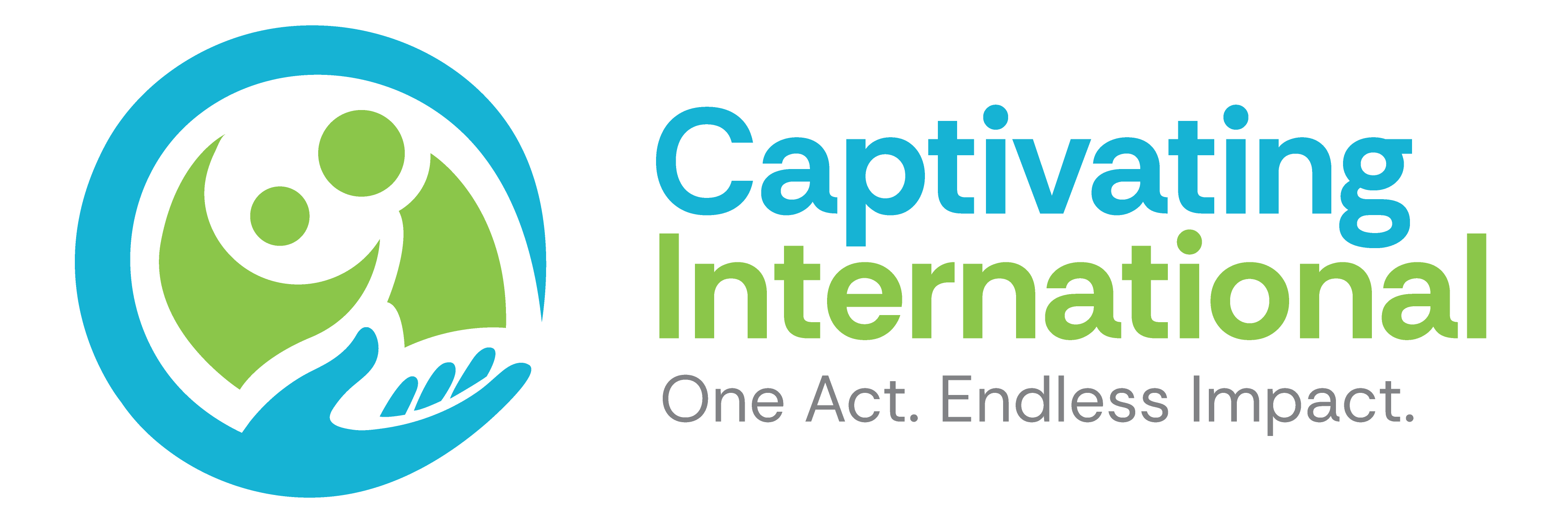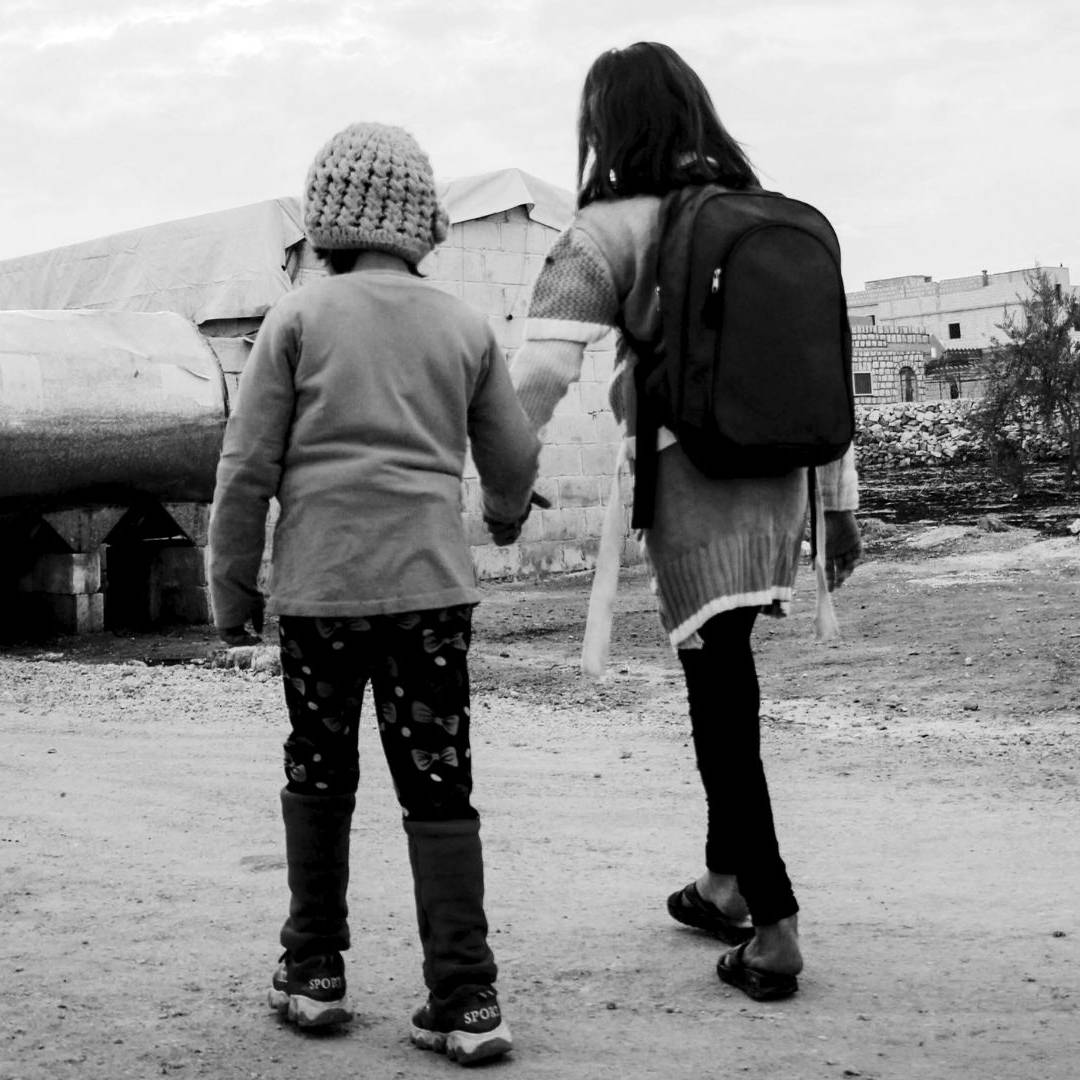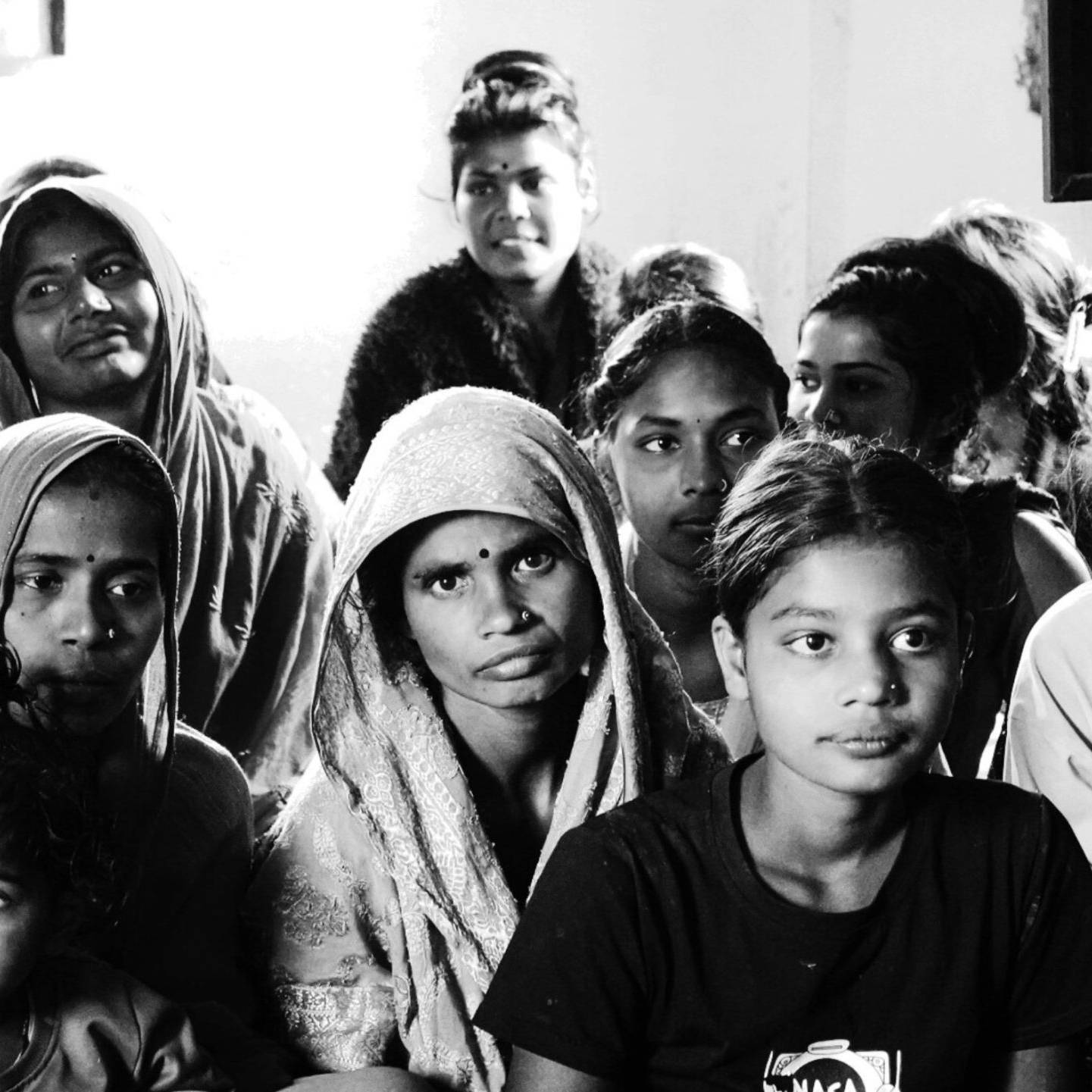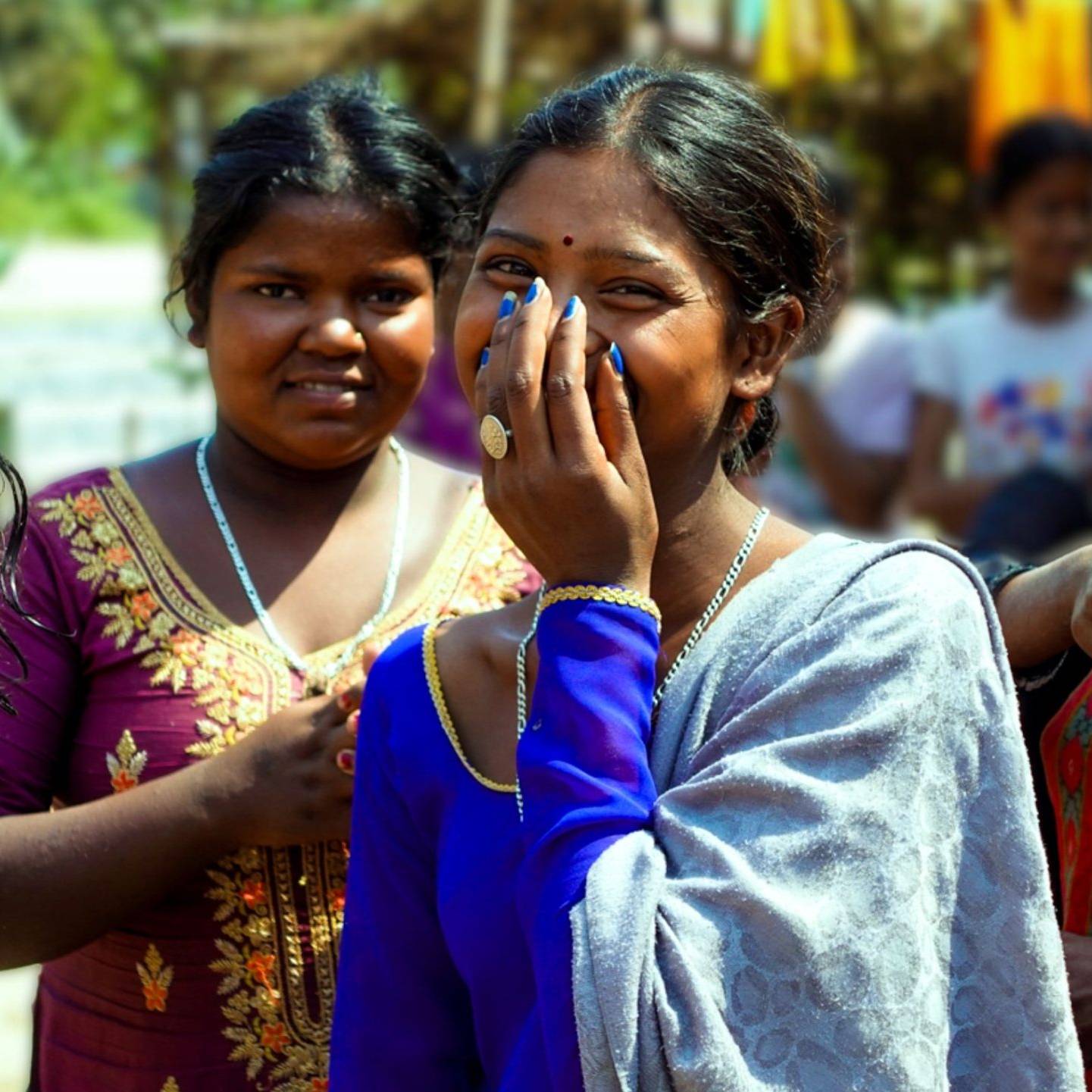As the post-pandemic society remains increasingly digital, more and more children online, or some might call, ‘ipad kids’ are building not only their identities, but also social interactions around online spaces. And like a child who is only learning the little details about the world, they are still bound to see what some adults are capable of. In the case of the internet, must one truly swim in the ocean to see how deep it is?
Parents are responsible for their safety at all times—the thing is, children need privacy, too—as it is considered necessary in building healthy parent-child relationships. But as a parent, how do you know when your child is in a safe community, or not? When does one know that their child may be interacting with dangerous actors that could potentially exploit them? In this article, we will discuss OSAEC, CSAM, and spotting the red flags that your child might be exploited online.

Kids Are Smart
The Philippines is one of the biggest social media users in the world, and not many adults now talk about growing up on the internet, and having access to social media platforms even as minors. One of our staff members shares her experience about attempted grooming by her high school teacher.
“When I was fifteen years old, a school teacher of mine reached out to me through my Facebook account. He asked me how I am, and I replied, as I thought I was respecting a school authority by not ignoring him. He later asked me for my phone number and my address, saying he would want us to get together sometime. He posed as a friend whom I can run into when I am feeling down about school, my friends, and my family.
Many people think that children are naive to these kinds of things, but they are not. I was not. In a recent study by Save The Children, kids are smart enough to know who they are interacting with on the internet, and they take their time to get to know them. Although I was quite innocent in some aspects then, my instincts still protected me. I told friends about the texts and made it loudly known. My attempts to reach out to others for my story revealed that this teacher has been doing the same to other students, too, for all the years before we turned legally aged.
If I hadn’t told people about it, I would be more afraid. I might have believed that a man in his forties was truly a friend of mine. However, not many children possess the same level of discernment. Not many are vocal about their online interactions despite the red flags already waving brightly in the air.”
Like adults, children are also gifted with (although many are still underdeveloped) instincts to tell when someone is coming to them with bad intentions. But the role of an adult is to supervise and assure their child’s safety despite them already possessing these natural gifts.

OSAEC
OSAEC stands for Online Sexual Abuse or Exploitation of Children and is defined by the United Nations Office on Drugs and Crime as “the use of ICT as a means to abuse and/or exploit children sexually, which includes cases in which offline child abuse and/or exploitation is combined with an online component.”
OSAEC is often used interchangeably with OCSEA, which stands for Online Child Sexual Exploitation or Abuse. So when you encounter these terms next time, don’t be confused.
It encompasses several criminal offenses, including:
- Production or dissemination of Child Sexual Abuse Material (CSAM)
- Online grooming of minors for sexual purposes
- Sexual extortion of children
- Sharing photos of sexual abuse
- Commercialized sexual exploitation of children
- Online prostitution
- Live streaming of sexual abuse
CSAM
In the previous section, CSAM was included in the list of criminal offenses that come with OSAEC. More colloquially known as child pornography, CSAM’s market revolves around individuals whose sexual interests include children. These marketplaces often operate on the dark web for anonymity. A single web page dedicated to CSAM had 2.5 million registered users in 2021 alone. As of 2023, over 200 pages and forums were found dedicated to child pornography. To many, this is unfortunately a sick way to make money from.
Because of the innate nature of the internet to serve as an archive of media content, some of the child victims are unfortunately re-targeted later on in life because of the free access of anyone who knows where to find them.
The groomers are very keen on choosing their victims. They opt for children whom they could manipulate into sending more CSAM material. In many cases, they take advantage of the child’s fear of getting in trouble among their peers, parents, relatives, teacher, and more. In the worst cases, the child may consider committing suicide due to the belief that their lives are over because of the material produced. In 2022, a 17-year-old boy committed suicide just hours after getting “sextorted”, posing serious alarms among parents and guardians alike.

Common Red Flags
For Children
Before predators start blatantly asking for CSAM, there will be signs. If your child is early to spot the following, they could be spared from grooming before it’s too late.
- Showing special interest and gaining one’s trust
A predator might try to make a child feel “special” by giving them more attention than others. They may offer constant compliments, act overly friendly, or pretend to have a lot in common. While being nice isn’t always a red flag, someone who pushes too hard to become close too fast should be a concern. - Gift-giving
They might send money, game credits, clothes, or other presents—sometimes secretly. This can make a child feel like they “owe” the person something in return, even if it’s uncomfortable or wrong. It’s important to remember that no gift ever means you have to do something that makes you uneasy. - Isolation
A predator may try to turn the child against their friends or family. They could say things like “your parents don’t understand you” or “don’t tell anyone about our chats.” If someone is encouraging secrecy or pulling you away from people you trust, that’s a big warning sign. - Asking for personal information
At first, it might seem harmless—asking about where you live, your school, or your daily routine. But this information can be used to track you or manipulate you. Never share your full name, address, phone number, or location with anyone you don’t know in real life. - Inappropriate questions
This can start subtly: someone might ask about your body, relationships, or “if you’ve ever done anything private online.” They may try to make these questions seem like a game or a secret. If someone is asking anything that makes you feel uncomfortable or confused, trust that feeling and tell a trusted adult immediately.
For Parents
Children do not always report what they see or interact with online, so here are some signs to look out to see if your child is potentially being groomed.
- Unexplained possessions like gifts and money
Just like in real life, predators may “groom” children online with digital gifts, gift cards, or even cash. If your child has items you didn’t buy, ask where they came from without jumping to conclusions—your calm reaction will help keep communication open. - Sudden lost of interest in social activities
If your child abruptly stops hanging out with friends, avoids family time, or loses interest in hobbies they once loved, it could be a sign that something—or someone—is occupying their emotional energy. Groomers often create emotional dependency, which can cause kids to withdraw from real-life support systems. - Interest in sexual topics
A noticeable shift toward sexualized behavior or language—especially if it seems beyond their developmental stage—might be influenced by someone exposing them to inappropriate content. This could be seen in the way they dress, speak, or carry themselves. Be curious, but not accusatory. Ask open-ended questions and create space for honest conversations. - Secretive about online interactions
If your child quickly hides screens, deletes messages, or insists on privacy beyond what’s age-appropriate, they may be trying to protect a relationship they know adults wouldn’t approve of. They might also be afraid or ashamed due to manipulation by someone grooming them. - Mood swings or unexplained anxiety
Children being groomed often experience internal conflict. They may seem unusually anxious, irritable, or depressed, especially after spending time online. You may notice changes in sleep, appetite, or academic performance.

What To Do:
- Keep communication open.
Let your child know they can talk to you about anything—even if it feels scary or embarrassing. - Set boundaries together.
Create shared rules about screen time, privacy, and trusted platforms. - Monitor, but don’t spy.
Use parental tools to stay informed while respecting their autonomy—balance is key. - Educate regularly.
Talk about online safety early and often. Make sure they know what grooming is and that it’s never their fault.
Spotting the early signs is always better than removing your child from an already damaging situation. We work to spread the word on OSAEC through our solutions.
One of them is to implement a Stop Cybersex Crime: Awareness and Education Program among ‘high-risk’ locations in the Philippines. Education is our primary strategy in our fight against OSAEC. Moreover, we aim to target impoverished single mothers by empowering them through entrepreneurship in our One Hope Microfinance Program.
You may donate through our channels if you wish to help our advocacies against OSAEC.
Learn more about what we do to stop OSAEC by learning more about our projects. Or donate to save a child today.
DID YOU KNOW?
26 January 2026
Child Criminal Exploitation: What It Is, Why It Happens, and How To Help
Child criminal exploitation traps vulnerable children in trafficking, scams, and crime,…
0 Comments10 Minutes
20 January 2026
The Reality of Orphans in Nepal
In Nepal, orphaned children face high risks of exploitation and trafficking due to…
0 Comments8 Minutes
10 December 2025
Fighting OSAEC: Policies, Global Leaders, and What More Countries Can Do
OSAEC is rising worldwide, and here’s what we can learn: strong laws, tech…
0 Comments14 Minutes
4 September 2025
“Harmless” Posting? You Could Be Risking Children’s Online Safety
Some posts can put kids at risk. Protect children from OSAEC by keeping accounts private,…
0 Comments11 Minutes
11 August 2025
Life After Human Trafficking? Survivor Stories and What They Need
Rescue is just the first step, survivors need safety, dignity, and the chance to build a…
0 Comments13 Minutes
5 August 2025
What Is Child Exploitation? Definition, Types, and How To Help.
Child exploitation takes many forms: sexual, criminal, labor, online. Learn the signs and…
0 Comments9 Minutes
11 June 2025
Simply Captivating: Our 2024 Impact Report
In 2024, your support directly impacted 12,000+ lives across Nepal, China & the…
0 Comments10 Minutes
8 March 2025
Happy Women’s Day! Now What?
International Women’s Day is more than a day—it’s a movement for equality. Let’s educate,…
0 Comments11 Minutes
10 February 2025
What Is OSAEC in the Philippines?
Online Sexual Abuse & Exploitation of Children in the Philippines is a growing crisis,…
0 Comments8 Minutes









